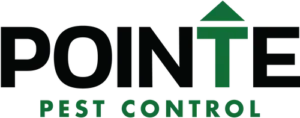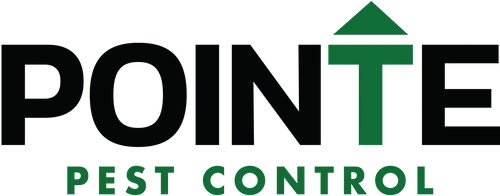What is Done During Maintenance Pest Control Treatments?
What is Done During Maintenance Pest Control Treatments?
Most pest control operates on yearly plans with maintenance as a primary part of the treatments. When a specific problem is being addressed, there can be a variety of different treatments being done to handle the infestation. However, during maintenance visits, the treatments are different, focused on broad pest prevention. These visits consist of 4 primary treatment types that are done around the property as the technician circles the home: spray, dust, granules, and de-webbing.
Spray
How is it Applied: With a Birchmeier (a large sprayer worn on the technician’s back that can contain roughly 4.5 gallons of products).
Where is it Applied: 3 feet up the walls of the residence and 3 feet out, essentially forming a wall of protection around the home.
What Chemicals are Used: Fuse (deters all bugs)
Safety of the Treatment: It is harmless as soon as the spray is dried.
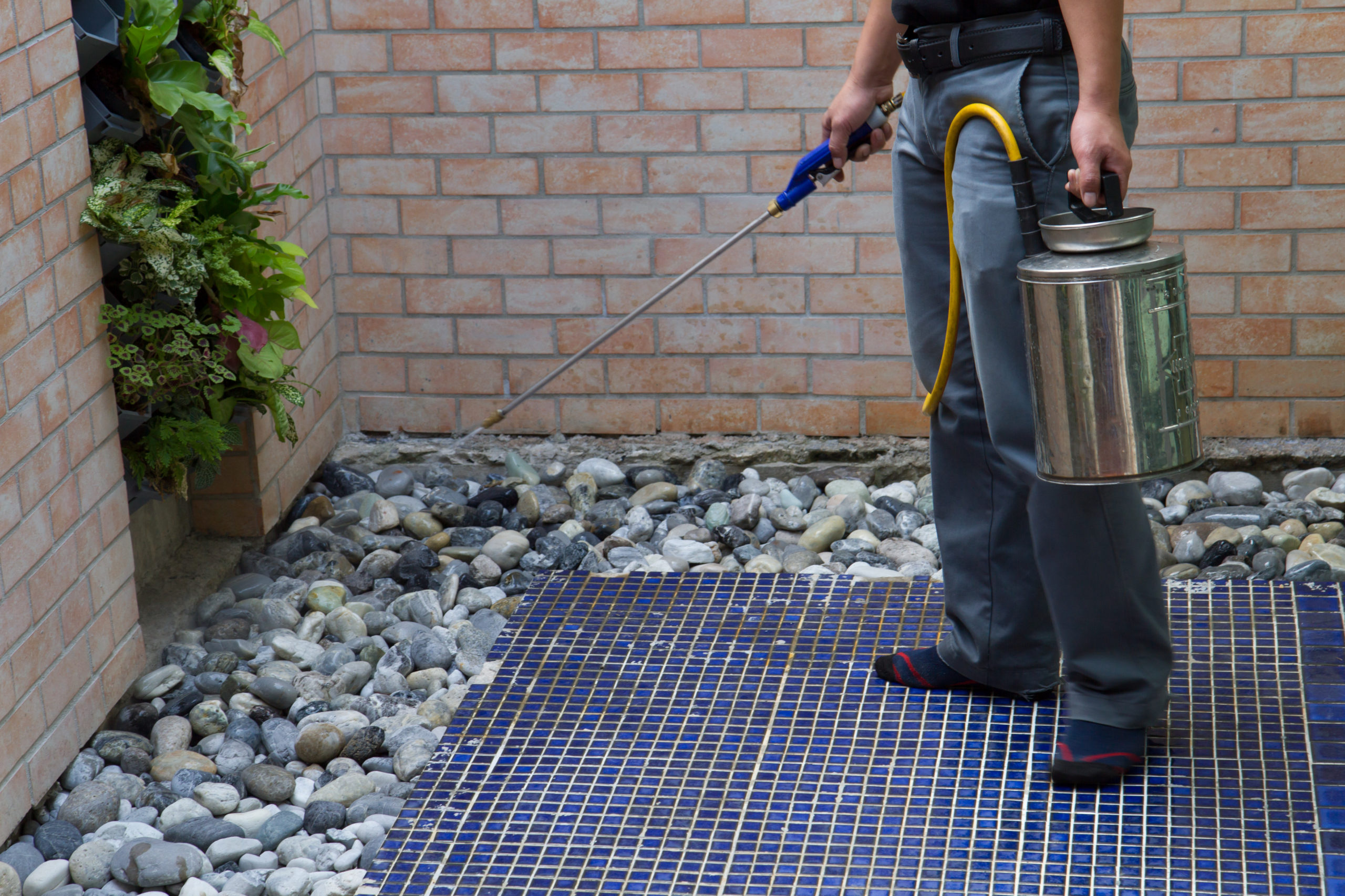
Dust
How is it Applied: With a hand duster.
Where is it Applied: Can be used both indoors and outdoors, however these treatments are typically focused outdoors. It is applied in voids such as under baseboards, in pipe chasings (where the pipe goes into the wall), in cracks/crevices in the walls, etc.
What Chemicals are Used: Tempo Dust (Insecticide)
Safety of the Treatment: The dust is applied in small, inaccessible areas, making it safe to be around as it cannot be accessed.
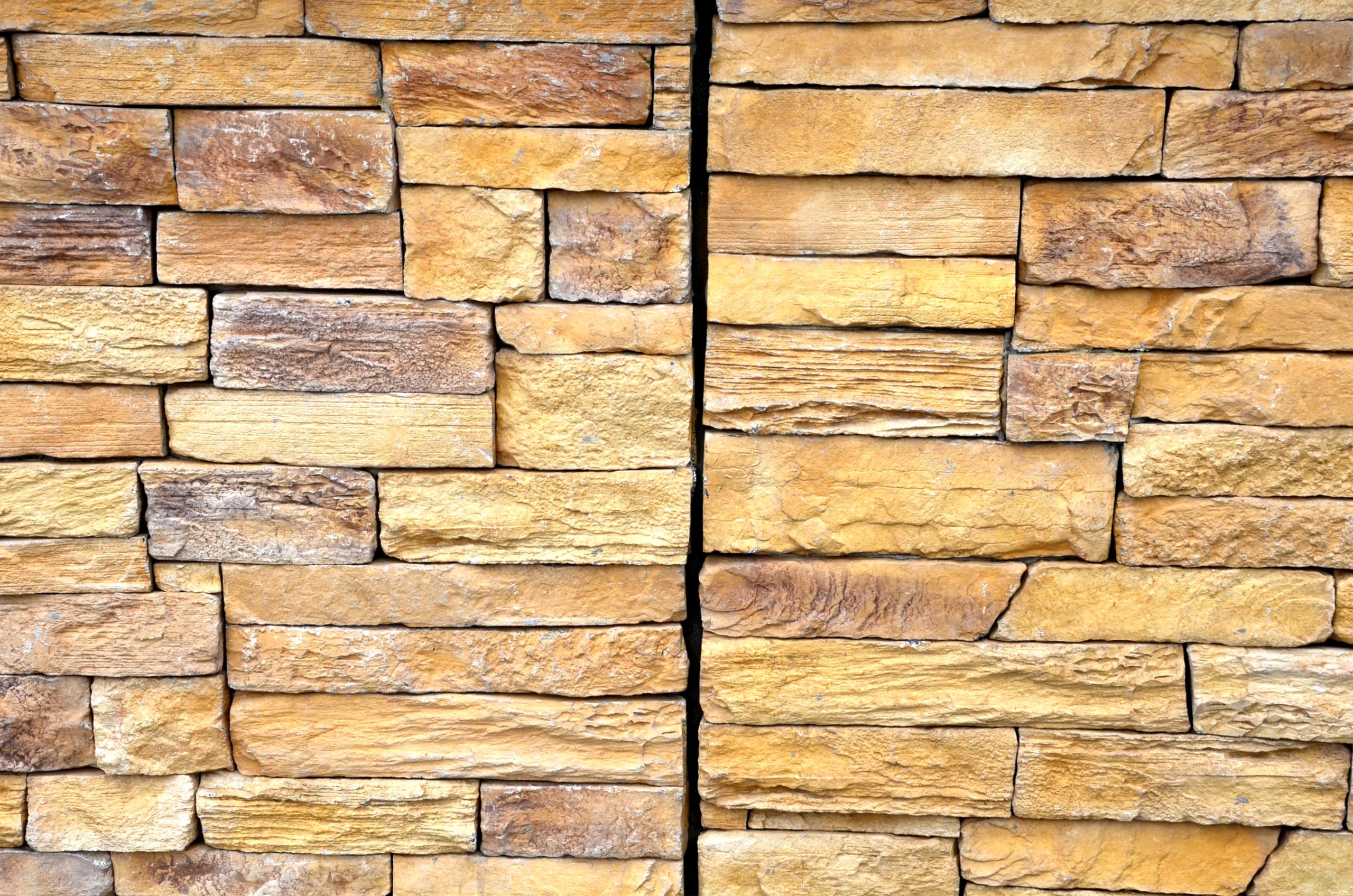
Granular
How is it Applied: With either a rotary/drop spreader or by hand.
Where is it Applied: Just beyond the 3 feet of spray.
What Chemicals are Used: Niban granular for Spring through Autumn. In Winter a different granular called Wisdom is used. This is because Wisdom can be used in the snow and is water-activated, making it perfect for the season.
Safety of the Treatment: No skin reactions, reproductive harm, or carcinogens are reported with the granular. Granular may cause slight irritation if it contacts the eyes and may be harmful if ingested in large quantities. Also, the way it is applied limits any possible contact with non-target beings. It is never applied in areas of direct human or pet contact (such as patios or decks) or non-absorbent areas, and, instead, is applied where it can end up beneath the surface such as in mulch, rock/gravel beds, etc.
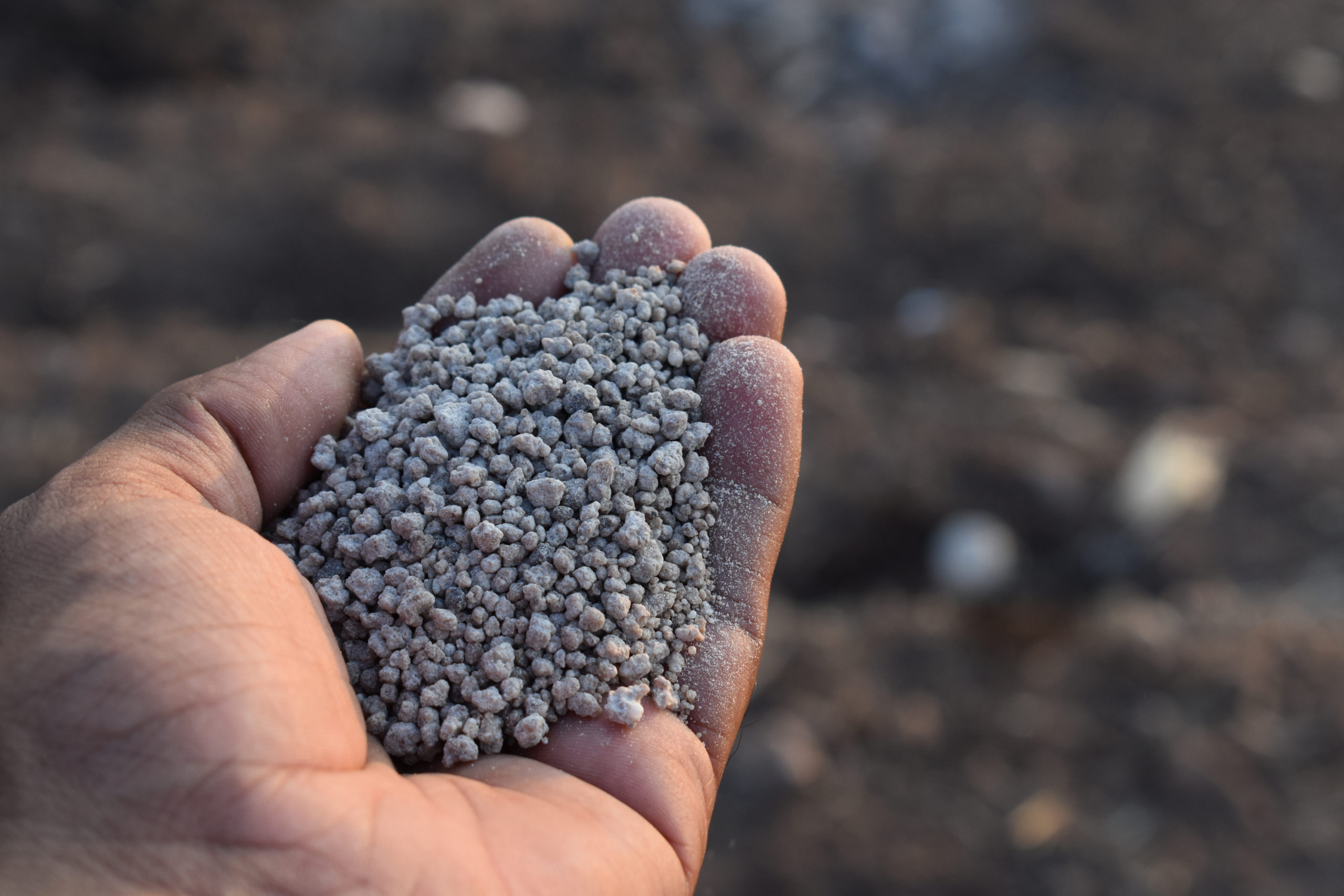
De-Webbing
What Tools are Used: Technicians are armed with 45–50ft poles with a brush attachment on the end of it in order to remove webbing. Along with their ladders, this tool allows them to reach areas up to 60ft off the ground.
What Areas are Treated: Any place where webbing can be seen and accessed by the technician.
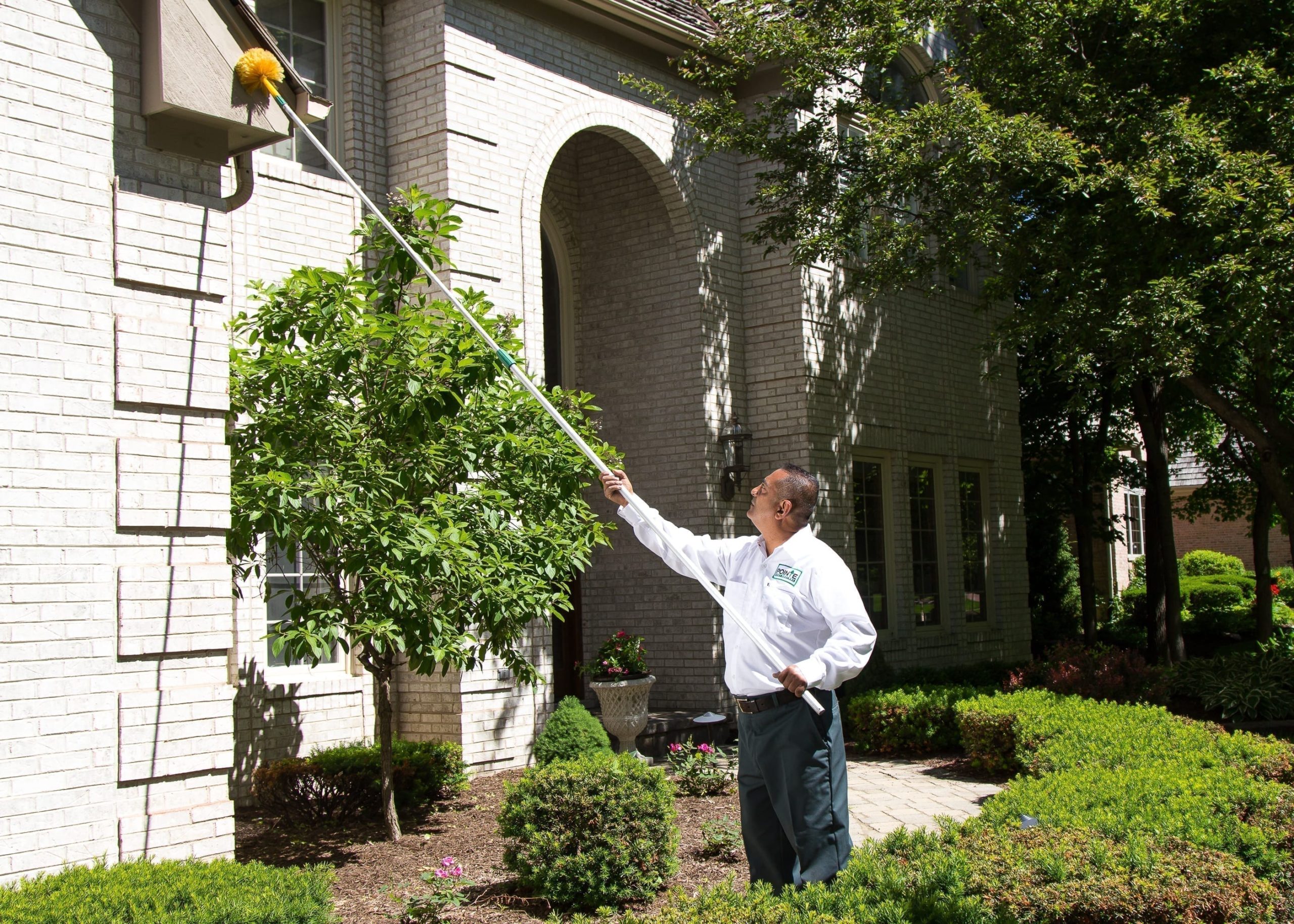
Request a Free Quote Today
(We do not share your data with anybody, and only use it for its intended purpose)
